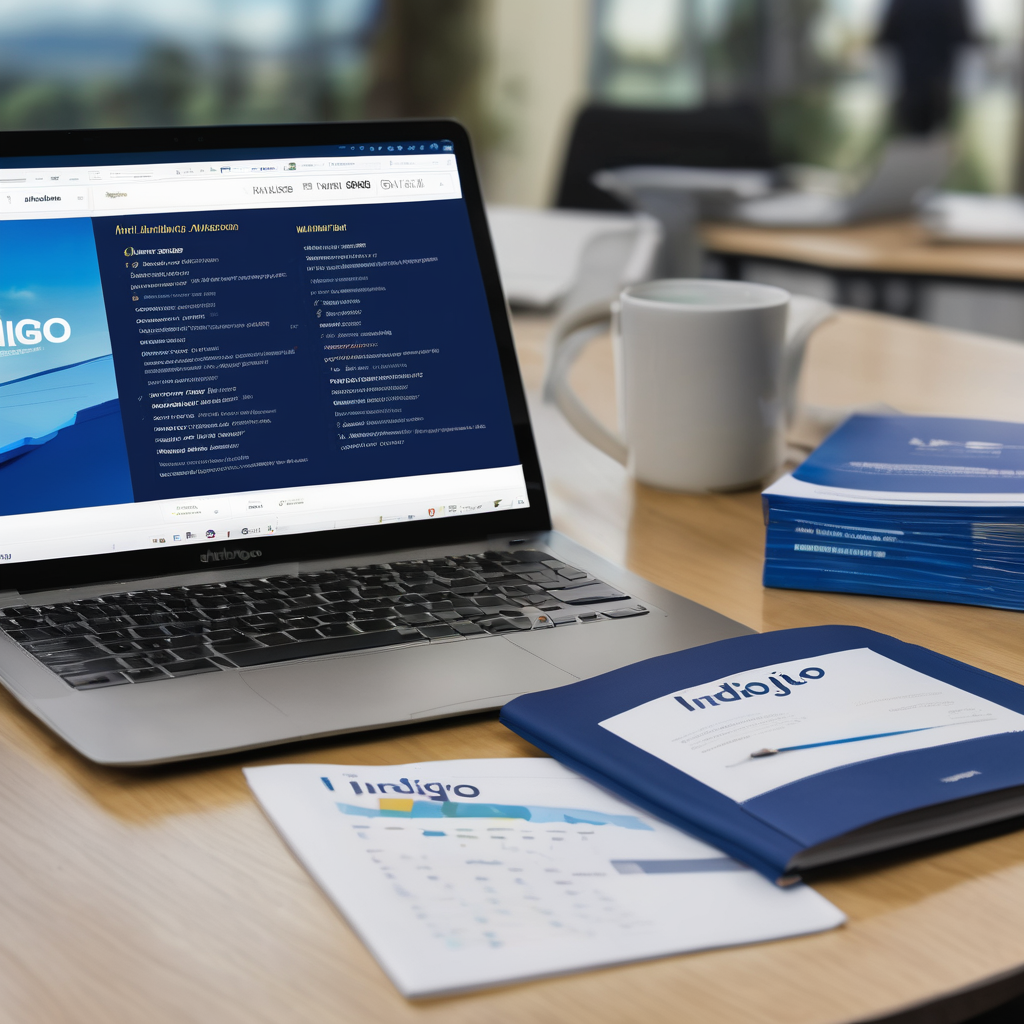GURUGRAM- IndiGo Airlines (6E), the leading airline in India by market share, is set to implement Evidence-Based Training (EBT) programs for its pilots, a significant step towards improving flight safety, operational efficiency, and pilot decision-making.
Based near Indira Gandhi International Airport (DEL), IndiGo plans to transition from its current Competency-Based Training and Assessment (CBTA) framework to a fully EBT-compliant model over the next 12 to 18 months. This change reflects a commitment to adopting global best practices in aviation training.
Currently, IndiGo operates more than 2,300 daily flights with a fleet exceeding 400 aircraft, employing approximately 5,300 pilots. As the airline grows with the addition of new wide-body aircraft, it is investing in modern, data-driven training systems that prioritize practical performance over theoretical examinations.
The EBT approach will utilize real operational data, analytics, and artificial intelligence to tailor training programs to reflect authentic flying conditions. Instead of rehearsing standard procedures, pilots will engage in training scenarios based on actual flight data, thereby enhancing their ability to manage unexpected challenges in the cockpit.
IndiGo officials have stated that all training material will be validated against performance evidence collected across operations before incorporation into the learning modules. This commitment ensures that pilots cultivate vital competences—such as decision-making, communication, situational awareness, and teamwork—that are essential for enhancing safety in-flight.
The transition from CBTA to EBT indicates a shift from traditional evaluation methods towards a more performance-oriented learning strategy. While the existing CBTA framework focuses on competency development, the EBT model enhances precision by leveraging operational evidence to better assess and improve pilot performance.
The implementation process will initiate with thorough data collection and analysis, supported by global aviation consultants. Once established, the training programs will be customized to meet the individual needs of pilots, facilitating personalized development plans that address their strengths and areas for improvement.
An IndiGo representative remarked that EBT enables the airline to “use real data to train for real situations,” which is crucial for preparing pilots for diverse flying environments and operational requirements.
Looking ahead, IndiGo has over 900 new aircraft on order and anticipates doubling its pilot workforce by 2030. This rapid growth necessitates a training model that is both scalable and adaptable to align with international aviation standards. By embracing evidence-based learning, IndiGo not only aims to foster a robust safety culture but also to enhance operational resilience as its workforce and fleet expand.
This initiative is part of IndiGo’s long-term vision to integrate technology, safety, and human expertise to redefine the future of aviation training for Indian pilots. Through these advancements, the airline is optimistic about enhancing the training experience for its pilots while maintaining a strong focus on safety and efficiency in the skies.
